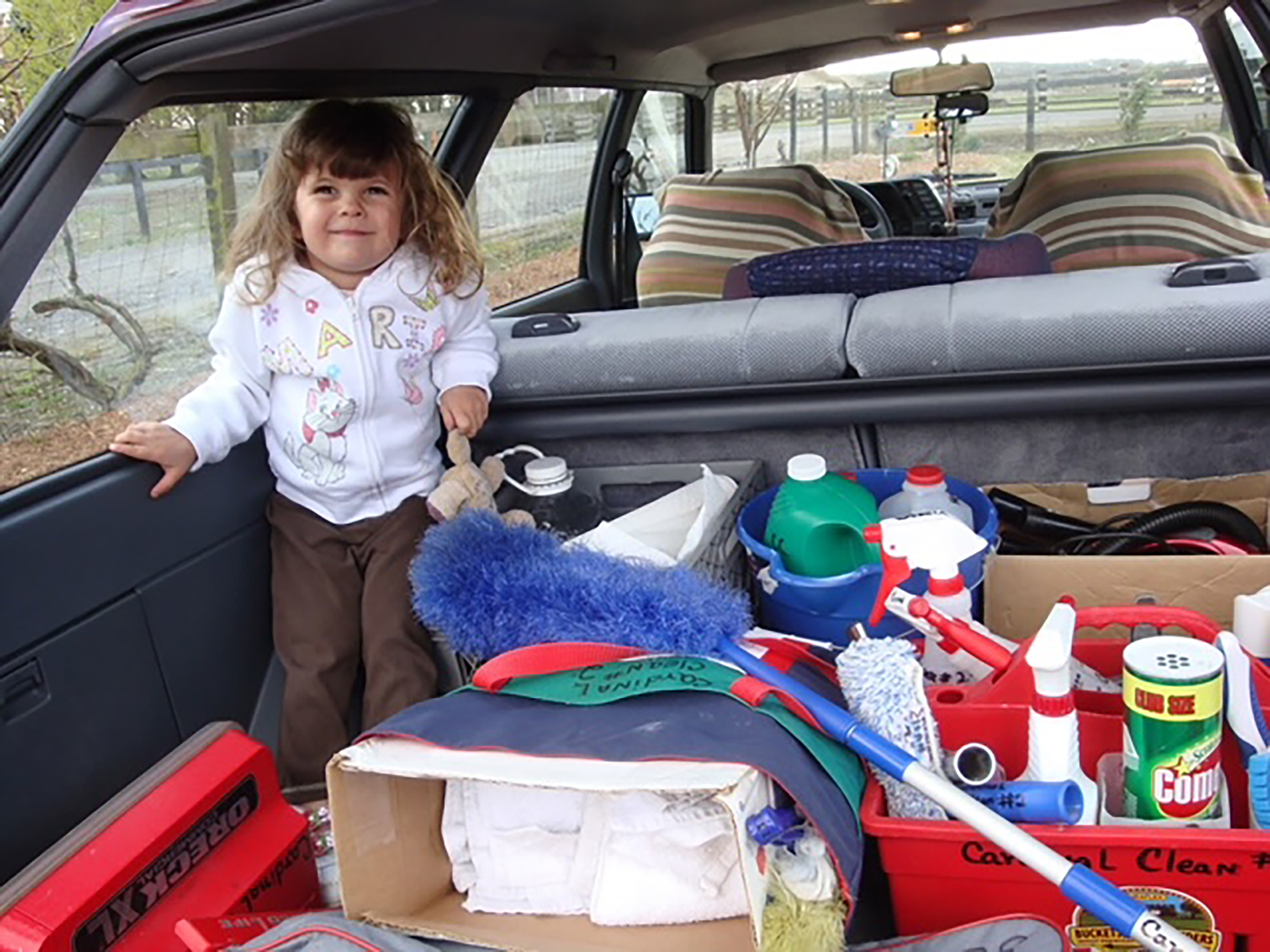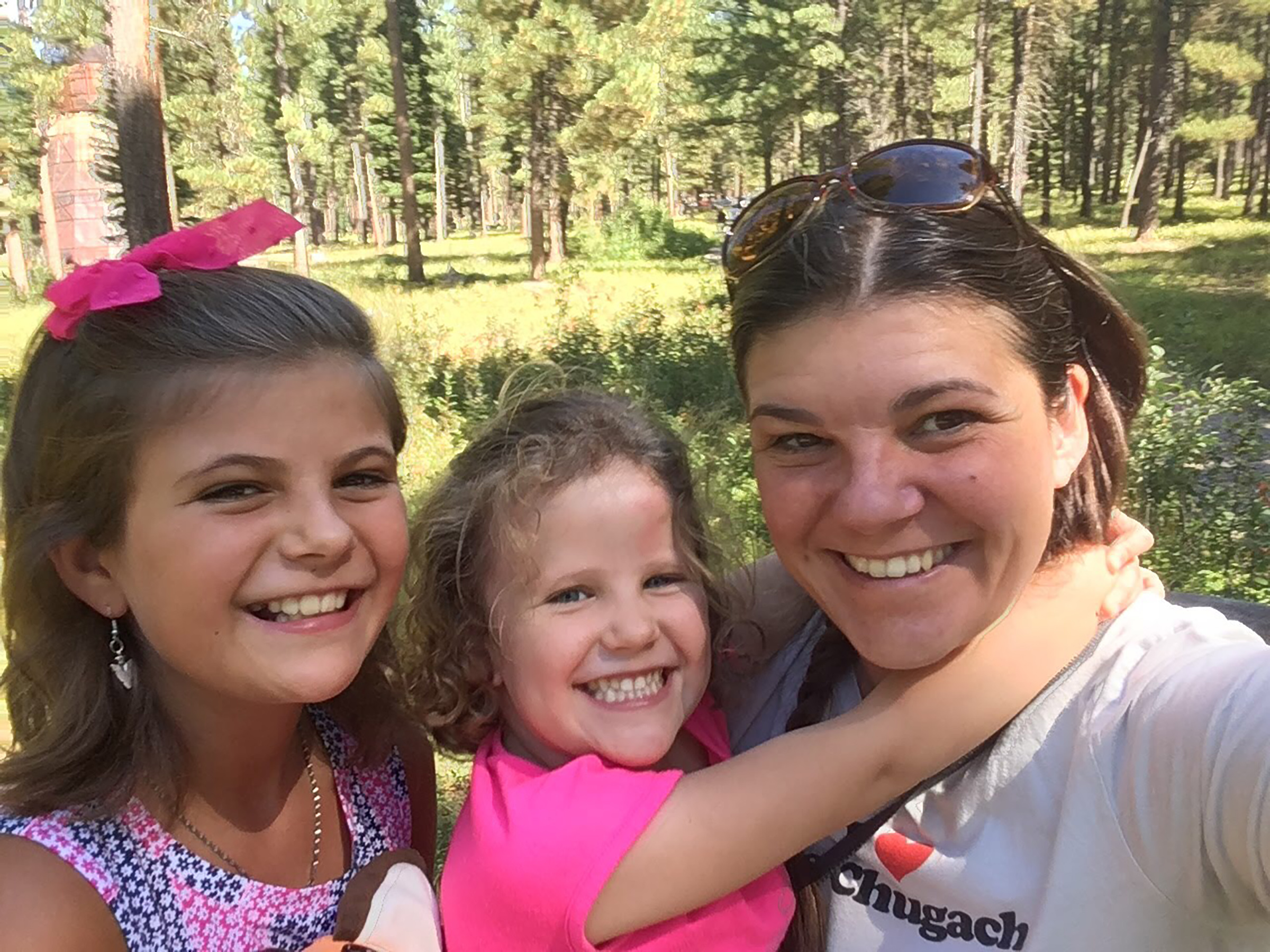Hunger changes you. As your body begins to claw at you, your digest churning in anger, every person who shares a photograph of the fondness meal they ’ re about to eat is no longer your friend. Around that fourth dimension, a guy who had a beat on me kept texting me what he was making for dinner, and I last had to ask him to stop without in truth explaining why. Read More: These Mothers Wanted to Care for Their Kids and Keep Their Jobs. immediately They ’ rhenium Suing After Being Fired When the promote money to write the book came, I wasn ’ metric ton precisely “ free ” from poverty. I got a book manage that most writers, specially BIPOC writers, do not receive. It was an amount of money that didn ’ metric ton seem real, so I constantly thought it would disappear equally cursorily as it came. I could fill my electric refrigerator again, but I had $ 20,000 in credit-card debt, a hand truck that kept breaking down and about $ 50,000 in scholar loans. I had years of untreated complex PTSD and generalized anxiety perturb. All of our clothes, furnishings and towels were falling apart. beyond that, mentally speaking, living in poverty is walking a tightrope over a floor that ’ s about to drop out from underneath you. Every meter I felt like my head was last just above water, when I had a day off to take my kids out for an afternoon, that ’ s when my car wouldn ’ triiodothyronine begin. My brain had learned to be fishy of good things. To about fear them. As things started to feel more comfortable, the panic attacks screamed, When? When will the bad thing happen, because I know it’s there. In the year leading up to publication of my bible, I woke up in panic possibly 100 times. ( By the time I was on script tour, it happened every morning at 4. ) Every night, my anxiety seemed to come up with a newfangled “ what if ” scenario based on what I ’ vitamin d been through as a freelance writer. I thought the trolls would catch wind and parcel photos of my kids on 4chan again, calling us names I will never repeat. As a single mother who had written about being on food stamps, I ’ d experienced enough end threats that I paid a service to keep my data off search engines. now I had written an entire book about mothering my previous kid when we had nothing, and I worried for their guard excessively .

Land ’ s older child Story, then 2, in 2010
Courtesy Stephanie Land

bring with her kids, Story and Coraline, in 2016
Courtesy Stephanie Land
When I started meeting people who had read my book, I was unprepared for their hugs and words of admiration. People saw themselves in my story. It had been my hope, but not my arithmetic mean. As a shy invaginate, I had no theme what to do but nod and say thank you. then it started happening in grocery store stores, and when I dropped my preschooler off at school. I could normally spot them coming, but sometimes they surprised me. Like the time I heard, “ Oh my God, are you Stephanie Land ? ” from the drugstore salesclerk as I reached for a bag containing medicine to assist my body ’ s first spontaneous abortion. I had moved to a family with a yard. My kids and I lived with a improbable, big man I ’ d recently married, his daughter, and our mix of fish and dogs. I was never hungry. I could afford to purchase clothes that didn ’ t come from commitment stores or aim. What ’ s more, I had been pushed up to a different class of -society, one I had been mistreated by for most of my adult life. I no longer felt like I could be part of the community of people I ’ vitamin d worked beside, stood in line with to buy the cheapest burrito as our lone meal for the day. I was a “ success floor, ” and an highly likable one. I ’ megabyte very conscious that my history is the palatable kind of poor-person story. There ’ south no doubt in my mind that people paid more attention to it because I am white, hold a bachelor ’ sulfur degree, and even though my parents grew up poor, I was raised in three–bedroom, 2½-bath homes for most of my childhood.
After be in poverty for the previous decade, struggling to pay bills by cleaning stern off toilets, it jarred me to be treated as an equal by people who previously could have been my clients. At cocktail parties put on by my publisher or the organizer of a speaking event, I wanted to hang out with the caterers. I had tattooed the backs of my hands—what my tattooist called “ the ever-lasting job -stopper ” —to not blend in even more. On book enlistment, people asked over and over why person like me had worked as a firm cleaner. Some said, “ Of course you made it out of poverty, but why do you think others can ’ t ? ” Some even said “ won ’ deoxythymidine monophosphate, ” as if poverty is a decision people make when they wake up in the morning .
not only did strangers hug me, but emails and direct messages started pouring in with highly personal questions much rooted in anger. Why didn’t you get an abortion? Do you really think what you experienced was abuse? What did all of this do to your children? One woman was obsessed with the kids ’ mental health and kept messaging me that I should give them up for adoption. On a photograph of my youngest, who was about 5 at the meter, smiling while eating ice cream, person commented how frightful it was to get pregnant when you can ’ thymine afford your kids. I had been off government aid for three years. Read more: After a severe year for Women in the Economy, These Places Are Working Toward a Feminist Recovery From COVID-19 Over the past 18 months of being home during the pandemic, I have struggled to process why this has affected me in the way it has. I last identified that it was going straight from the trauma of poverty to the trauma I discovered as a sudden public name, then experiencing the biggest type of success a writer can at a time when people are dying and being evicted in droves. Some might call this survivor ’ randomness guilt, but that feels excessively dim-witted to me. After my immediately 14-year-old and I watched the first two episodes of the Netflix series, they turned to me with tears in their eyes and said, “ We made it out, but so many didn ’ deoxythymidine monophosphate. ” When people tell me I deserve all of this, I tell them everyone does. When people tell me I earned this, I picture the machine that printed out so many copies of my book and know that it did so because I am that bouncy, educated person whom most expect to be successful. I am short Orphan Annie skipping about in modern shoes, tattle, “ yesterday was knit awed, but that ’ s not now, that ’ s then. ” I ’ m the story we love to hear, and every time I speak to an consultation, I point that out. It has become my function. But as my acquaintance Rene Denfeld recently wrote on Facebook, “ We live in a populace that embraces the success narrative only because we are O.K. with the majority suffer. ”
We need to look marginalize people in our community in the eye and listen to their stories of clamber, grief and impossibility. We need to sit with the pain people in systemic poverty and systemic racism experience, specially because those two things go hand in hand. There are excellent books on this national, like Ijeoma Oluo ’ s So You Want to Talk About Race. When people ask me how to help, I tell them to ask people what they need. I ’ megabyte betting the answers are things like tampons and diapers and $ 10 for accelerator, because life is so little and short-sighted when you ’ re that hungry that you can ’ triiodothyronine demand low-cost caparison and a exist engage. That ’ s for all of us who have means to fight for. Contact us at letters @ time.com. share THIS STORY


